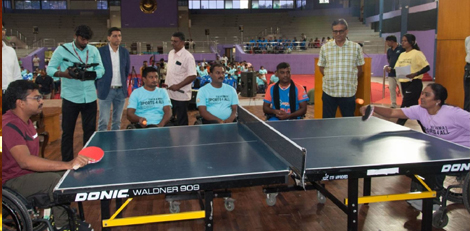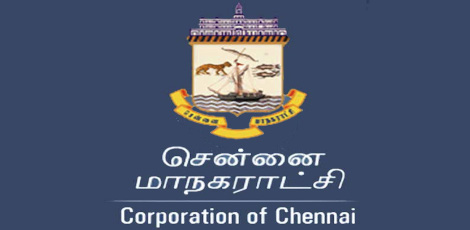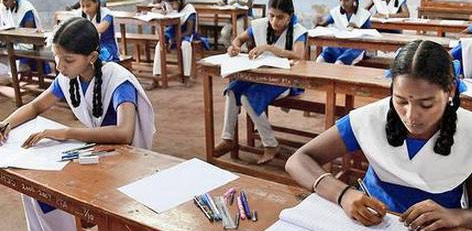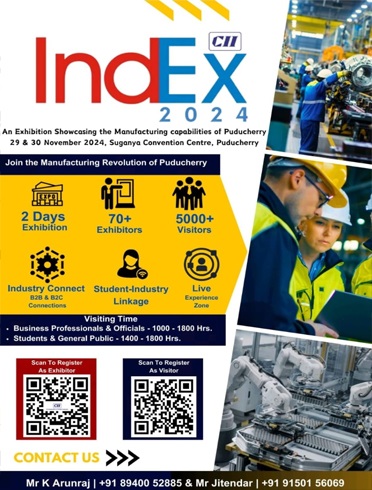Over 4.8 Lakh Skilled Workforce Certified Under Pradhan Mantri Kaushal Vikas Yojanas Recognition of Learning Program
Posted on: 19/Mar/2018 5:30:22 PM

With an aim to align the competencies of the unorganised or informal workforce of the country to the mainstream, Recognition of Prior Learning (RPL) Program has certified more than 4.8 lakh people in less than two years of the commencement of the program.
The RPL program has covered 458 districts across India ranging from Carpet Weavers in Rajasthan, Tea Plantation Workers in West Bengal and Rubber Plantation Workers in North East amongst others. Till date*, the candidates have been enrolled, assessed and certified in 185 job roles across 30 sectors. RPL is open to more than 2,000 Qualification Packs (job roles) at NSQF level 2 and above.
RPL is one of the key components under PMKVY, whereby informal skills such as construction, masonry, plumbing, carpentry and yoga, which are generally acquired through family trades or gained from life experiences, are assessed and certified based on the standards set by the National Skills Qualification Network (NSQF) framework. RPL is a platform to provide recognition to the informal learning or learning through work to get equal acceptance as the formal levels of education. It aims to acknowledge and appreciate prior learning irrespective of the medium of achieving it. In short, RPL is a process of assessment of an individual�s prior learning to give due importance to learning as an outcome rather than learning as process.
Under the RPL program, the candidates undergo a 12-hour orientation program focusing on soft skills, entrepreneurship as well as digital and financial literacy. Apart from a skill certificate, a cash incentive of Rs. 2,800 is awarded to the candidate for participation in the program. The skill certificate can further be used for higher education or for upgradation of their competency levels. It also provides opportunity to the candidates to avail insurance and loan benefits via Government schemes such as Pradhan Mantri Bima Yojna and Pradhan Mantri Mudra Yojana. The Skill India certification through RPL is intended to provide recognition, upgradation of the certified skill and significantly enhance livelihood opportunities for the individuals.
Rajesh Agrawal, Joint Secretary & CVO, Ministry of Skill Development & Entrepreneurship said, �The informal sector constitutes nearly 80% to the national income and overall economy. Reminiscing a strong interest in the informal economy as one of the routes towards building sustainable livelihood, the RPL program, under PMKVY 2016-20, aims to standardise and benchmark the unorganised skills and knowledge.�
Mr. Agrawal added, �RPL is an assessment against industry standards or qualifications which is formally recognised to a qualification. It is a vehicle for redressing inequalities in occupations.�
Jayant Krishna, ED & COO, National Skill Development Corporation said, �NSDC is committed to create a sustainable skill development ecosystem. We have significant population in the formal and informal sectors whose competencies acquired on-the-job and home-grown skills can be mapped and certified to reap the benefits of a better skilled and more productive workforce.�
The PMKVY (2016-20) scheme targets skill development of one crore people, wherein RPL constitutes 40% candidates whose prior experience and s skills will be assessed and certified. To ensure wider coverage of RPL in Indian market, various pilot projects have been conducted by different Sector Skill Councils and in partnerships with private enterprises. The learnings are continually incorporated into RPL guidelines. Some of the key RPL programs have been:
1. Implemented by Jaipur Rugs Foundation, 5,000 women from 43 villages across four districts of Rajasthan were certified in hand-knotted carpet weavers role.
2. The Sri Sri Rural Development Program for Yoga Practitioners and Yoga Trainers, currently in progress, intends to certify around 10,000 candidates in one year. The program is proposed to extend to more than 20 states including the North Eastern states.
3. An RPL project with Rubber Board is covering 33,000 Rubber Plantation Workers in five states - Kerala, Karnataka, TN, Tripura and Assam. 28,000 candidates have already been certified.
4. Indian Railways� Project Swarna aims to enhance customer experience in premiere trains by upskilling the Railway workforce through Recognition of Prior Learning (RPL) under PMKVY. The program will cover 2,568 candidates across job roles such as Housekeeping Attendant � Manual Cleaning, Room Attendant and F&B Service Stewards.
5. 1,500 employees of Rashtrapati Bhavan underwent training and certification in jobs such as gardeners, drivers, room attendants, housekeeping, electrical works, plumbers, carpenters, painters, security guards, office assistants, data entry
6. In a RPL program executed by Vivo Skills & Training, 2,000 Tea Plantation workers in West Bengal were oriented and certified.
* Data as reported in Skilling Database Management System (SDMS) as on March 14, 2018.







